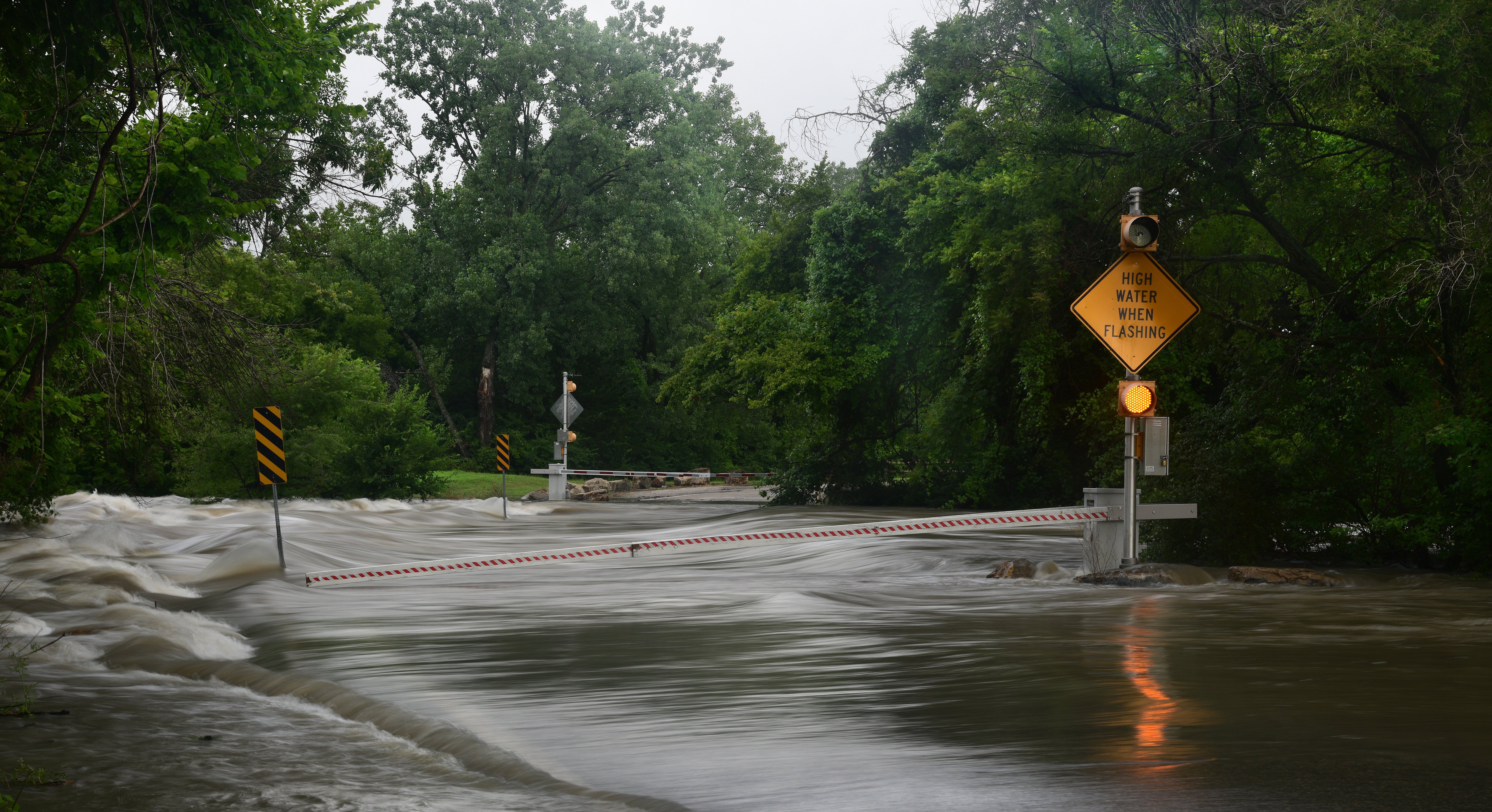Survive the Storm: Expert-Approved Hurricane Safety Measures

By - Brandon Yoshimura
Hurricane Season is Here!
If you live or travel anywhere along the Gulf and East Coast between June and November, you have the potential to be affected by tropical cyclones. Tropical cyclones are weather events that include tropical depressions, tropical storms, and hurricanes. Hurricanes pose the greatest threat to life and property, but tropical storms and depressions can also be devastating. The primary hazards from tropical cyclones are storm surge flooding, inland flooding from heavy rains, destructive winds, tornadoes, and high surf and rip currents.
Storm surge is the abnormal rise of water generated by a storm's winds. This hazard is historically the leading cause of hurricane-related deaths in the United States. Storm surge and large battering waves can result in large loss of life and cause massive destruction along the coast. Storm surge can travel several miles inland, especially along bays, rivers, and estuaries.
Flooding from heavy rains is the second leading cause of fatalities from landfalling tropical cyclones. Widespread torrential rains associated with these storms often cause flooding hundreds of miles inland. This flooding can persist for several days after a storm has dissipated.
Winds from a hurricane can destroy buildings and manufactured homes. Signs, roofing material, and other items left outside can become flying missiles during hurricanes.
Tornadoes can accompany landfalling tropical cyclones. These tornadoes typically occur in rain bands well away from the center of the storm.
Dangerous waves produced by a tropical cyclone's strong winds can pose a significant hazard to coastal residents and mariners. These waves can cause deadly rip currents, significant beach erosion, and damage to structures along the coastline, even when the storm is more than 1,000 miles offshore.
Expert-Approved Hurricane Safety Measures
If you are in an area that may be affected by tropical cyclones, it's important to be aware of the weather forecast and have a plan in place for how to respond to the threat or actualization of a storm. At DAVACO, our employees often travel to different parts of the country, including hurricane zones. Our Safety Manager, Brandon Yoshimura, shares valuable advice to anyone traveling to hurricane-affected areas for any reason:
- Be aware of the latest weather forecast.
- If you are staying in a hotel, discuss with hotel management the potential for power loss and flooding in the area, and obtain their recommendations.
- During a severe storm, for your safety and that of others, remain indoors until the storm passes and it’s safe to travel outdoors.
- Be aware of the potential of flooding.
- If the area is prone to flooding, move your vehicle to higher ground.
- Prior to flooding, if you’re on the 1st floor of a hotel, plan with the hotel management to move to a higher floor of the hotel.
- If you’re driving or walking and the road/path is flooded or has fast-moving water “TURN AROUND, DON’T DROWN!" It’s NEVER safe to drive or walk into flooded or fast-moving waters.
- Fast-moving water that is 6” deep can knock over an adult.
- It takes just 12” or less of fast-moving water to carry away cars and 24” or less to carry away SUV’s and trucks.
- Stay away from downed power lines, call 9-1-1 and let the dispatcher know where the downed power line is located.
- If you are driving and a power line falls on your vehicle or in front of your path, DO NOT get out of the vehicle OR drive over the downed power line. Call 9-1-1 for help.
- Know where the closest shelter is, if needed: http://www.redcross.org/find-help/shelter
- Ensure you have critical supplies.
- Water: one gallon of water per person per day for at least three days, for drinking and sanitation
- Food: at least a three-day supply of non-perishable food
- Battery-powered or hand crank radio with extra batteries
- Flashlight and extra batteries
- First aid kit
- Local maps
- Ensure there’s a full tank of fuel in vehicle.
- Ensure your cell phone is fully charged and you have a car charger.
- Have plenty of cash on hand in case your area loses power, causing ATMs and banks to close.
By implementing these tips, you'll be better prepared to weather any storm. If you experience a hurricane or tropical storm, and need help with storm damage mitigation, contact DAVACO today. Stay safe out there!



